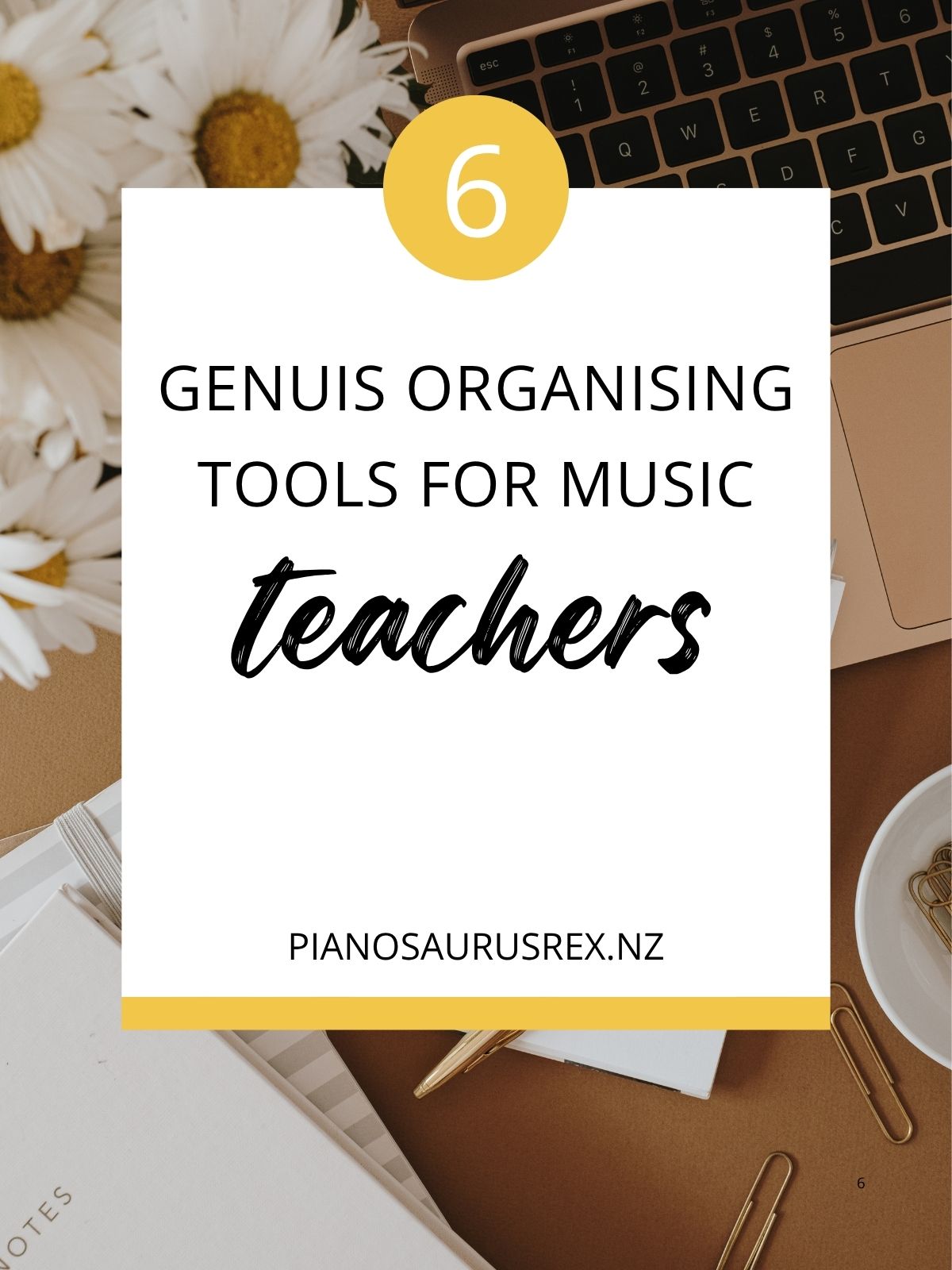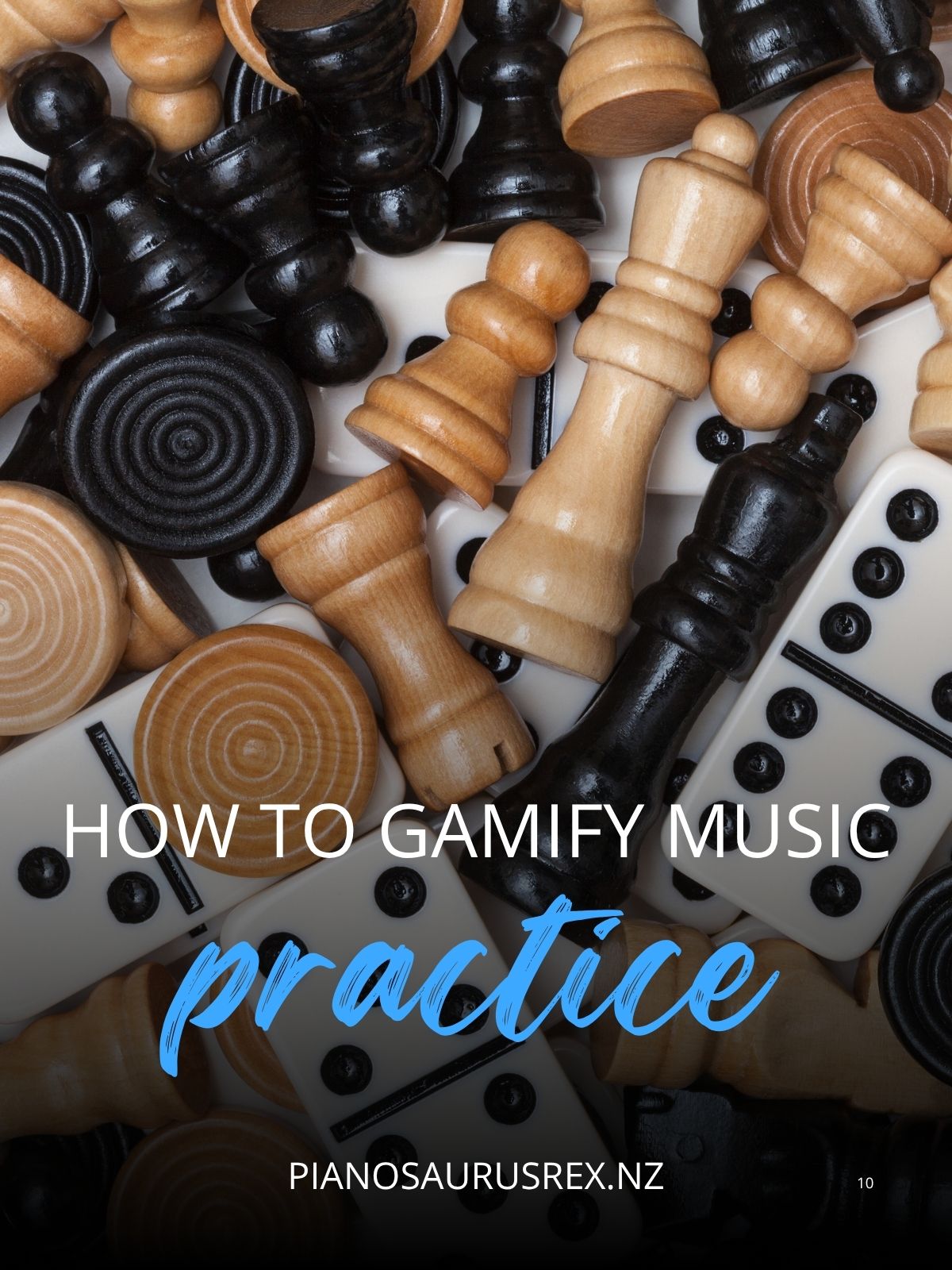The Ultimate Guide to Music Practice Incentives
This guide to practice incentives and challenges will give you some genius ideas to keep your students engaged and motivated! Whether you want to increase practice time, improve technical skills, or expand repertoire, there’s sure to be the perfect fit for your studio. Before you get started here are a few things to consider when choosing an incentive programme.
What Will the Focus Be?
There are lots of different areas that you can target when it comes to choosing an incentive programme. Here are a few suggestions:
Practice Time
Encouraging students to spend more time practicing is a feature of most incentive programmes. If you want something simple but effective then try an incentive that has increasing practice time as the main focus.
Try: Practice Charts from Susan Paradis
Practice Goals
Although practice quantity is important, it’s practice quality that can have even more impact for your students. Incentives that focus on practice goals and achievements might be just what you’re looking for!
Try: Musical Superhero from Pianosaurus Rex
Mastering Pieces
Why do students take piano lessons? To learn to play! If you’re keen to expand your students’ repertoire then try an incentive that looks at learning pieces from different genres, eras, or countries.
Try: Music Challenge Menu from Pianosaurus Rex
Scales & Technical Work
If there’s one (or more) areas that you’d really like to work on with your students, then choosing an incentive programme that focuses on a particular skill or technique can be a great motivation to improve.
Try: Challenge Board from Colourful Keys
All of the Above
If you want to keep your students motivated to improve in all areas of their music education, then try an incentive programme that does it all! A comprehensive programme that recognises practice time, practice goals, mastering pieces and scales, and improvement of technical work makes tracking progress easy and fun!
Try: Musical Monster Mania from Pianosaurus Rex
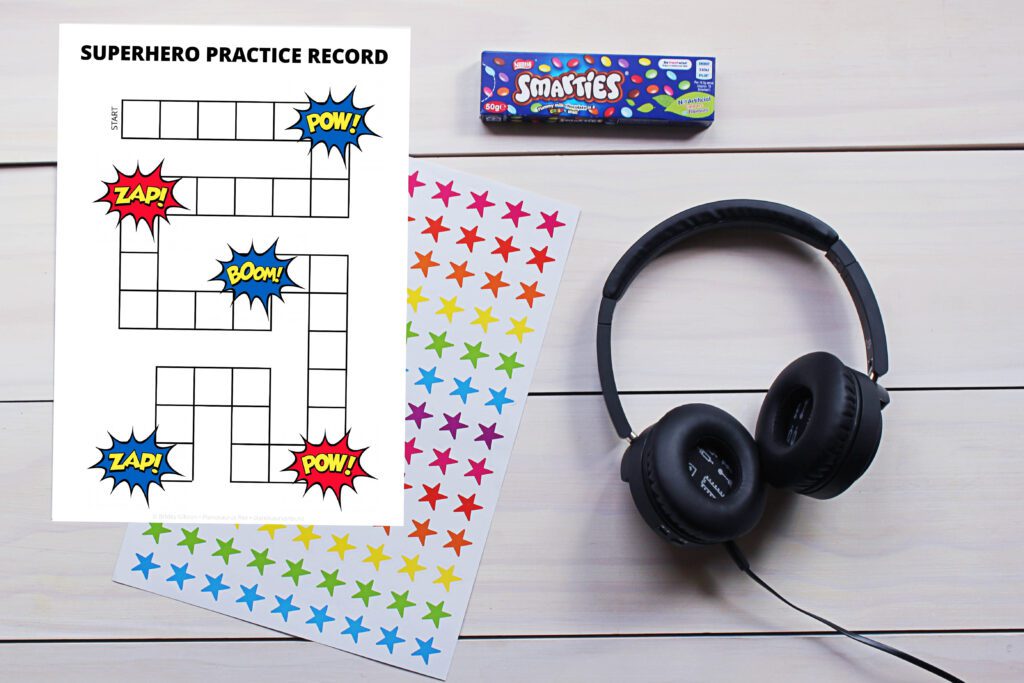
How Long Will the Incentive Last?
Do you want your next incentive programme to last a few weeks, a few months, or all year? Before you make a decision, ask yourself these questions:
What events are happening in your studio this year?
Get out your calendar and take a look at the recitals, exams, group lessons, holiday events, and extra activities you have scheduled for the year. Do you have a couple of particularly busy months? Avoid taking on an incentive programme during this time (unless you thrive on chaos!). Do you want your students to be well prepared for recitals? Have a practice incentive in the lead-up to recital time. Is there a time of year your students tend to lack motivation? Find a fun challenge you know will get them excited.
Would you rather focus on a long term or short term challenge?
I really like the idea of a year-long incentive programme with a theme (Jennifer Foxx does this really well). But… I’ve realised that I need a lot more variety, and keeping the necessary level of excitement going that long is a struggle! And if I can’t stay motivated I can’t expect my students to either. Instead I like to have an incentive that lasts one term (which is ten weeks).
Think about what sort of time frame would work for you, and then find, modify, or create an incentive programme that fits.
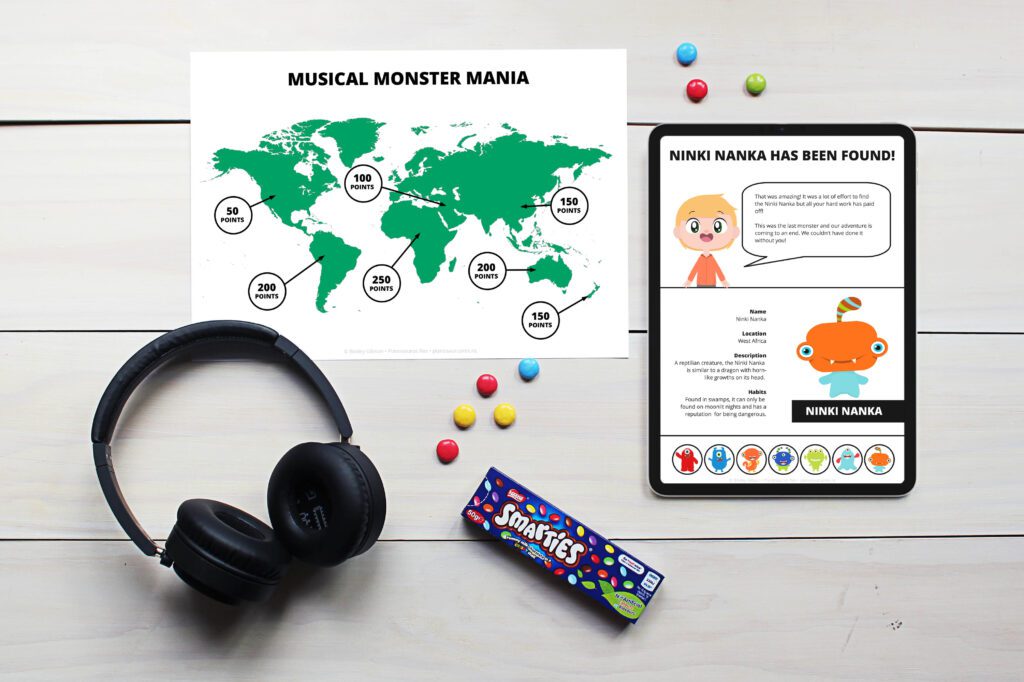
Will You Have a Theme?
Maybe it’s the influence of my event management background, but I love a good theme! If you’re the same, then there are so many fun ideas to choose from. Here are a few themed incentive programmes that are worth a look:
- Bull’s Eyes Challenge at Colourful Keys
- Earn Ice Cream at Colourful Keys
- E-fish-ent Practice (with real fish!) at Teach Piano Today
- Happy Birthday Practice Contest at Violin Judy
- Jungle Expedition at Music Matters
- Magical Lute Musical Quest at Music Educator Resources
- Music Challenge Menu at Pianosaurus Rex
- Musical Monster Mania at Pianosaurus Rex
- Musical Superhero at Pianosaurus Rex
- Piano Phone at Teach Piano Today
- Piano Pirate Incentive at The Playful Piano
- Poke-go Studio Challenge at Violin Judy
- Reach Beyond the Stars at Music Educator Resources
- Wild West at Teach Piano Today
- You’re a Star at Music Educator Resources
-
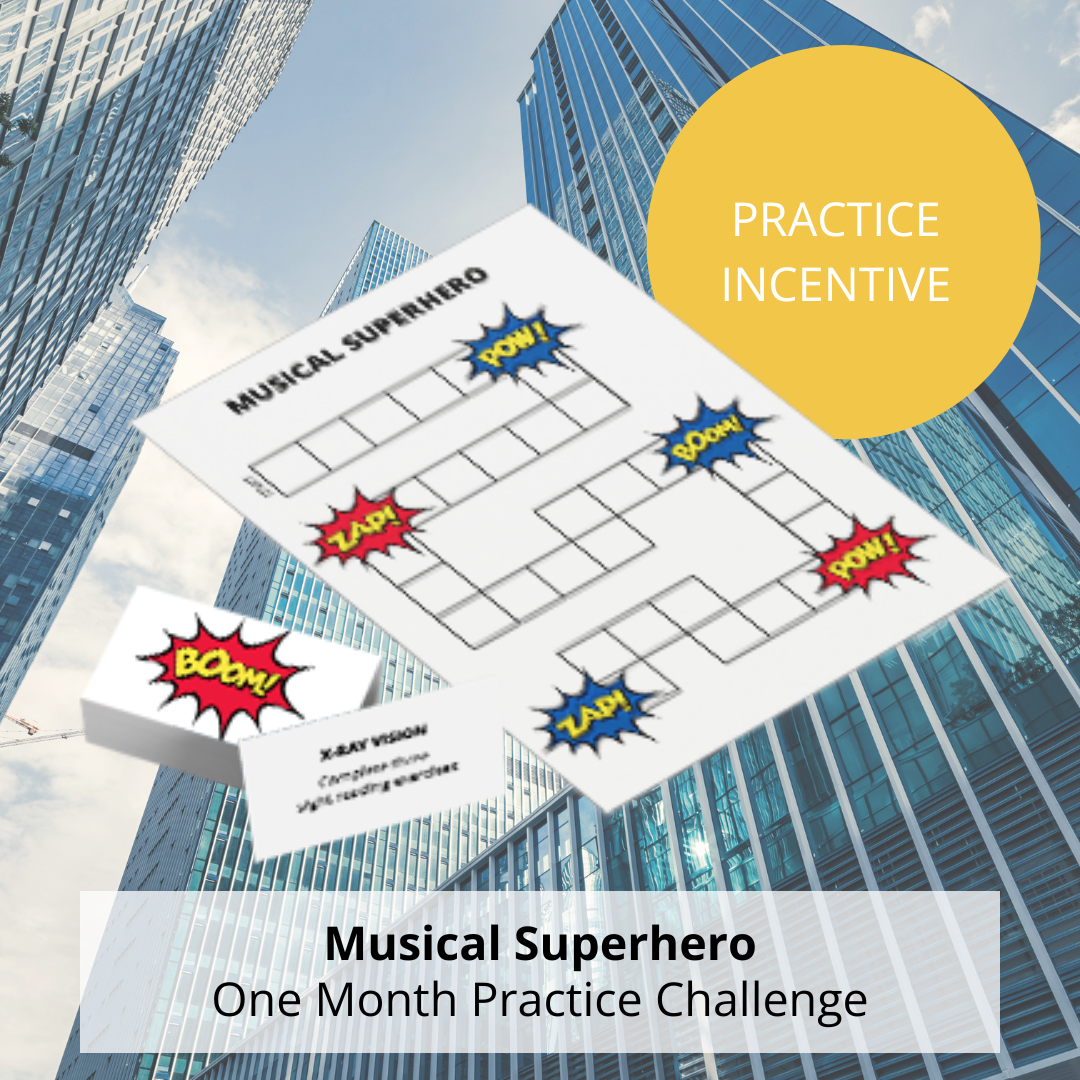 Musical Superhero$10.00
Musical Superhero$10.00 -
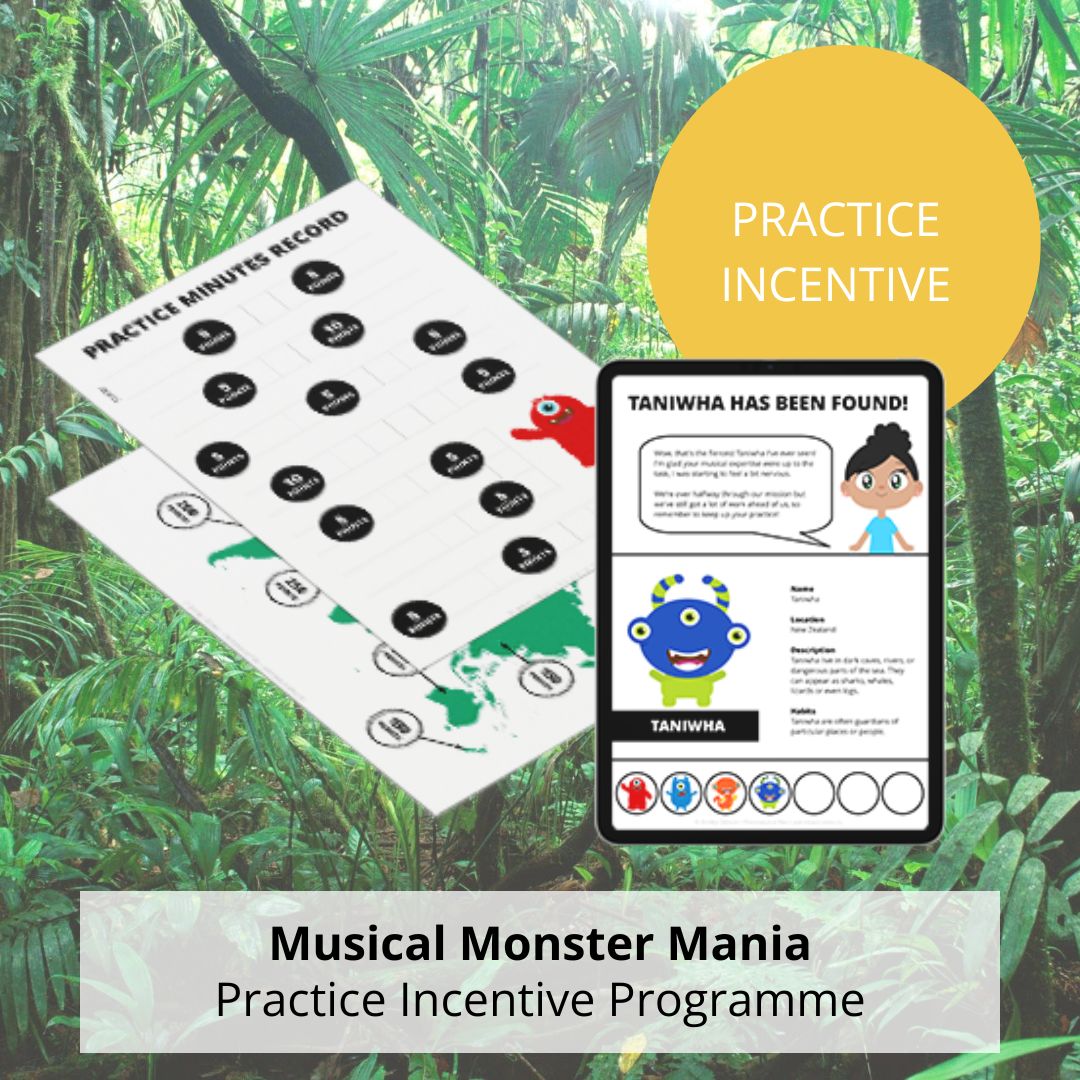 Musical Monster Mania$40.00
Musical Monster Mania$40.00
How Will You Track Progress?
Using a chart is an effective and easy method of keeping track of goals. Checking off squares is very satisfying and can be done by colouring, stickers, or using a punch card. These practice punch cards from The Imaginative Music Studio look like a great option.
If you’d rather have something physical to show progress then sometimes simple really is best! Leila Viss at 88 Piano Keys shares her tips on using Music Money as an incentive.
Some students thrive on competition and like to track their progress against others. Having a noticeboard or other visual display of achievements will be great motivation for these students. If you’re looking for some inspiration then check out this Spring Rhythm Cup Incentive at Sara’s Music Studio.
Will You Reward Individual or Group Achievement?
Most incentive programmes are designed to recognise individual achievement, with students working towards goals on their own. This can work really well for many students, but there are other options to explore.
One approach that works well in a large studio or classroom is to have teams of students working together. Inspired by Hogwarts School of Witchcraft and Wizardry, Matthew from Stidham Music has teams of students sorted into Musical Houses. Students earn (or lose!) points for their House, with different rewards given to the leading team at certain times throughout the year.
Another more collaborative option is for all the students in your studio to work together to achieve a particular goal. Megan at Very Piano had a Lego Challenge for her students, who earned Lego bricks every week to contribute to a collective structure. When the structure was large enough everyone got a treat!
What Rewards Will Students Earn?
From the simple to the more elaborate, here are a few ideas for different rewards and prizes that will get your students excited about achieving their goals:
- Badge
- Candy
- Certificate
- Chocolate
- Clue to a musical mystery
- Dollar store item
- Gift card
- Ice cream
- Invitation to a studio party
- Medal
- Name added to the Hall of Fame
- New challenge to complete
- New piece to learn
- Next instalment of an adventure story
- Stationery
- Stickers
- …or just the satisfaction of completing their goals and improving their skills!
Become a member of the Teacher Resource Library to access a selection of simple Practice Trackers (plus over 20 other amazing resources too!)


